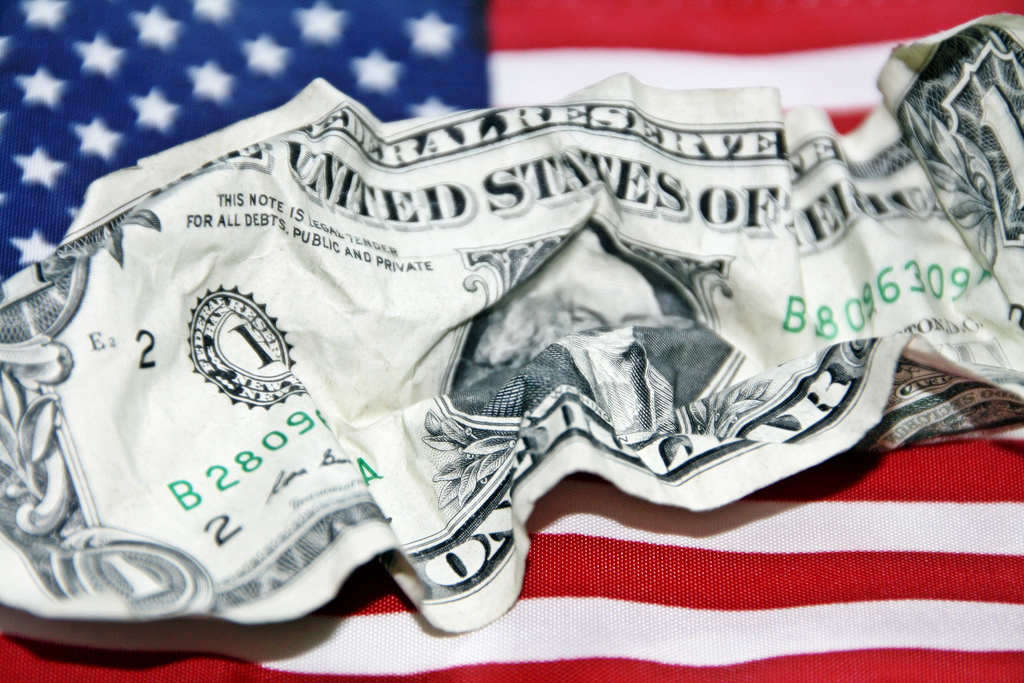“Why can’t we all just get along? I didn’t do anything personally to cause oppression, so why would you call me an oppressor? You’re just stoking more racial tension by discussing racism.” Every day, these same delusional questions and statements are posited by us white folks. Every day, after centuries of racism and genocide at the behest of white supremacist notions, we still play dumb to our past and present culpabilities. Every day, we repeat the same steps that both created and uphold institutionalized racism…and we even have to wonder why there’s animosity? Well, look no further than the reflection that’s directly in front of us.
It is one thing to admit fault; it’s entirely another to work to address that fault. Here’s the thing though, the onus is on us to do that. Asking those affected by our mistakes to fix our mistakes is another reinforcement of oppression. Ultimately, if we are to actually approach the idea of a Post-Racial America in our future, we have to deconstruct the levels of ignorance on matters we are privileged not to face. And this is where the natural recoil comes in: “But I know what it’s like, I experience oppression as well. Everyone gets a fair shot, and it’s on the individual to overcome adversities.”
First and foremost, we have to understand, white people, that we do not face racial oppression in the U.S. It just doesn’t exist at a systematic level. Secondly, we have to understand that we benefit from institutionalized racism. So when this myth of a fair shot is thrown out to derail important conversations on race, it’s a complete erasure of the financial, political, and social advantages we receive. CB Insights did a study a few years ago that found only 1% of all new investment funds in the U.S. (Seed & Series A) went to businesses labeled black owned or led; it also found 83% of those same investment funds went to all-white companies. So any “build better communities” talk needs to be centered upon why that’s being financially prevented from happening in the first place. Hint: This isn’t a new phenomenon either; it’s part of the system we continue to uphold.
First and foremost, we have to understand, white people, that we do not face racial oppression in the U.S.
This trend permeates throughout the whole of business, conscious and unconscious biases continuing an uneven playing field. When the world’s eyes were on McKinney, Texas, due to police brutality on a defenseless black girl at a pool, I was reminded of an incident months prior.
A black business friend of mine owns a promotions company; one of their events for this year was a pool party. Knowing the racist tendencies that exist throughout the Dallas/Fort Worth Metroplex, he asked me to go in his place to pitch the proposal. Now for background: I was CEO of the largest college promotions company in Dallas for a time, so I had a strong understanding of what I was pitching. The meeting was in the company’s conference room at a large round table; me on one side, three white women on the other side.
I dressed professional and tried to be polite, direct, and as articulate as possible. The meeting was an utter success—verbal and nonverbal approvals. Within ten minutes, while I was still snapping pictures of the water park, an email hit my phone from the company. They were excited for the opportunity to host the event, they just had one request: To see pictures of previous events as to know what type of crowd would be there. I passed along the requested information and the pool party was flatly refused shortly thereafter. Their response reiterated that wasn’t the type of crowd their facility catered to…keep in mind this was a non-alcoholic event for ages 18 and over. The email tried to explain it was a family water park that couldn’t risk ruining its image with “that kind of crowd” holding a private party.
The email tried to explain it was a family water park that couldn’t risk ruining its image with “that kind of crowd” holding a private party.
For even more back-story on this, the previous summer, my friend had set up a pool party at another location and had sold out every ticket weeks prior to the event. Two days before the event, the police department for that town cancelled it by revoking the permit for the party. The official statement was too many people would be coming; the unofficial statement (from someone in the department) was too many black people would be coming. It was the very reason he’d asked me to pitch in the first place, he’d already faced racial discrimination for daring to use a family pool. Once again, almost a year later, the same racial biases were preventing black enterprise.
These events aren’t anomalies; they are regular occurrences that, as a white person, we won’t experience. Because of that, we have a duty to correct the lethal system that is institutionalized racism. From mass incarceration to police systems to economic barriers to school-to-prison pipelines to a litany of other things that perpetuate anti-blackness notions, we have to work every single day to dismantle them.
Let’s be crystal clear: It was never okay to be silent, to be inactive, to be complicit. It’s time to ask the questions that will make us uncomfortable; it’s time to take the actions that will make us lose privilege. We cannot fix yesterday, but we can fix today. Lives are depending on it.
